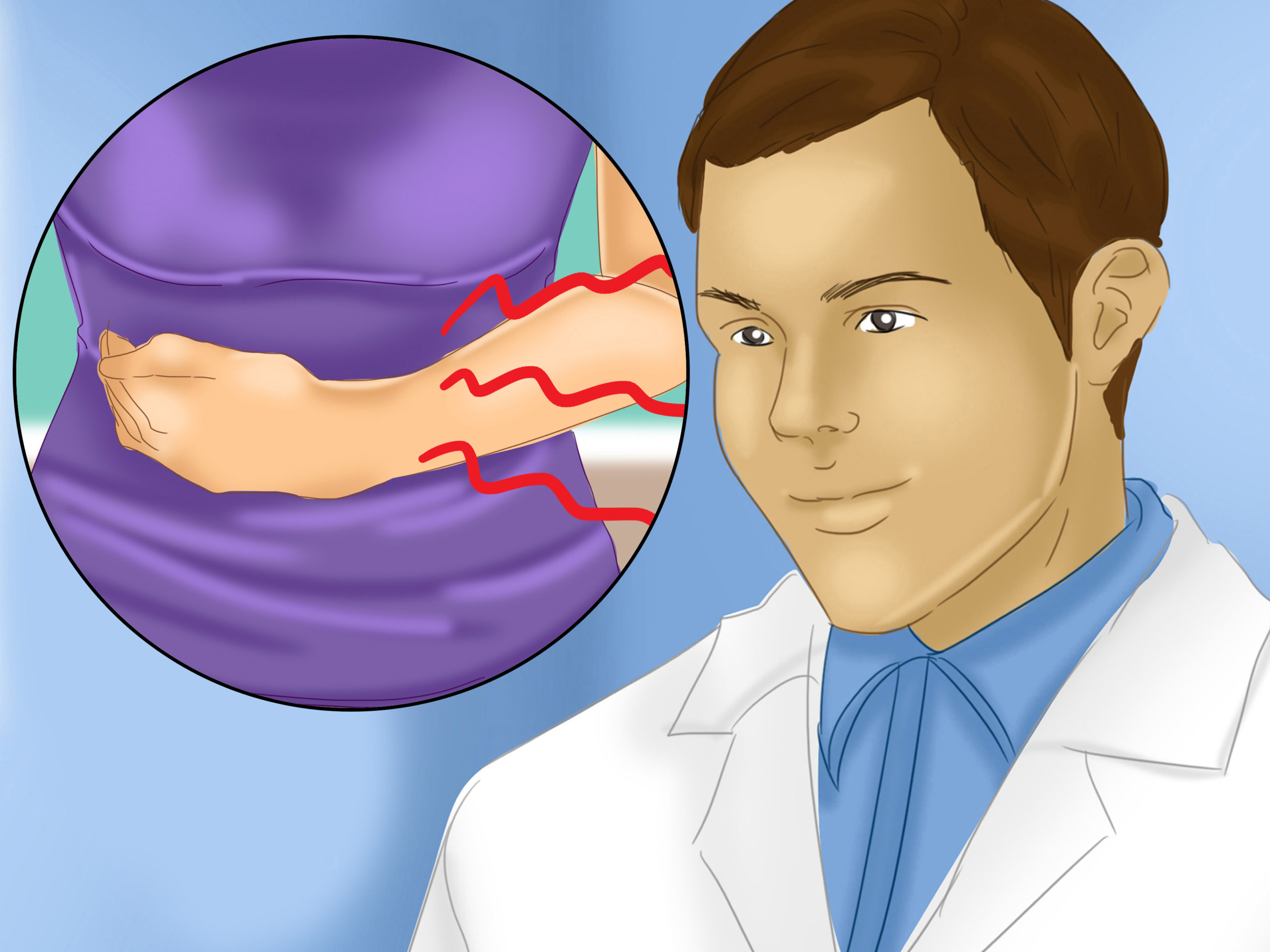Risk Factors
- Female anatomy
- Sexual activity
- Menopause (surgical or natural)
- Urinary tract abnormalities
- Urinary tract obstructions
- Suppressed immune system
- Catheter use
- Recent urinary procedure
Symptoms
- Pain or burning with urination
- Frequent urges to urinate but not much urine comes out
- Lower abdominal pressure
- Pelvic pain
- Cloudy or malodorous urine
- Blood in the urine
- Feeling tired, weak, or confused
- Fevers or chills
- Flank pain (pain near the kidneys) could indicate the infection has reached the kidney
Diagnosis
Based on your symptoms, your doctor will order a urinalysis to screen for the presence of white blood cells, red blood cells, and a by-product of bacteria called nitrite. If indicated the urine specimen will be sent for additional testing to rule out the presence of bacteria.
In other cases, a standard urine culture will be sent. With a standard urine culture, a sample of urine is added to a substance that promotes the growth of bacteria (germs).
If no bacteria grows, the culture is negative. If bacteria grows, the culture is positive and additional testing is done to identify the type of bacteria and the right medication to treat the infection.
Treatment
Once the presence of bacteria is detected, a course of antibiotics will be prescribed. The duration of antibiotics depends on a patient’s UTI history, risk factors, and underlying conditions. Antibiotics treat the presence of bacteria, but there are other medications, such as urinary analgesics, available to help with the symptoms caused by UTI.
For patients with recurrent UTIs, therapies such as vaginal estrogen or a low, prophylactic dose of antibiotics can be prescribed.
Common antibiotics used to treat UTI
- Bactrim
- Cipro / Levaquin
- Fosfomycin / Monurol
- Ceftin / Keflex / Cefdinir
- Macrobid / Macrodantin
- Doxycycline
- Amoxicillin or Augmentin
Prevention
- Drink plenty of water
- Probiotics or Vaginal Prebiotics
- Vaginal estrogen for women
- 100% pure cranberry juice 4 oz 1-2x per day
- Low dose of antibiotics after sexual activity
- Boric Acid and Lactobacillus vaginal suppositories
- Treating the underlying cause in some cases (i.e. kidney stone, enlarged prostate, post-menopausal vaginitis)
If you feel that you may be experiencing the symptoms of UTI call the office to book an appointment.

